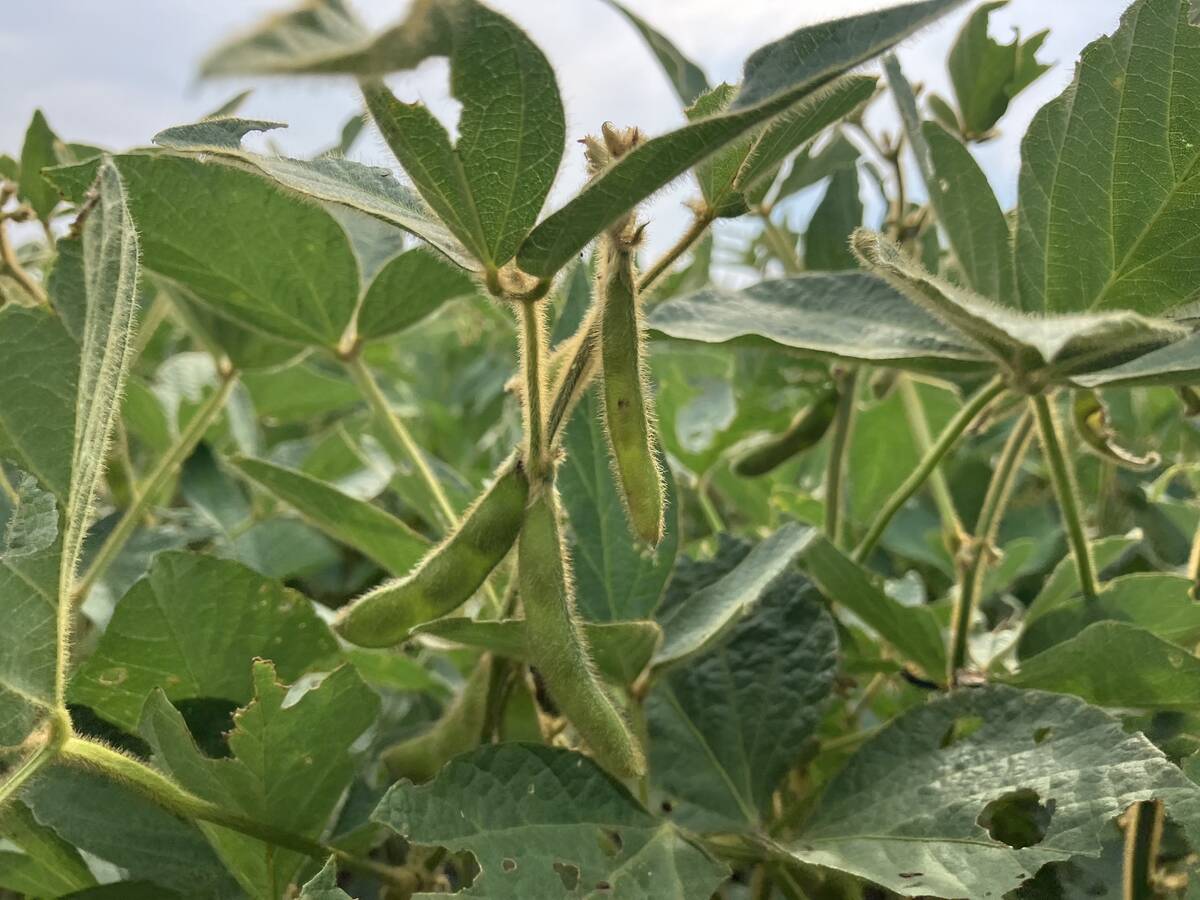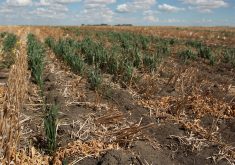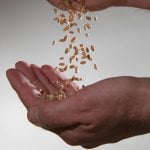The federal Conservatives recently announced an incentive to make Canadian biodiesel competitive with product from the United States, but a new study suggests that might not be the best benchmark.
According to the May 18 Iowa State University study, biodiesel production in the U.S. Midwest is not profitable under existing biofuel subsidies.
With farmers planting more corn, soybean prices are forecast to rise and squeeze profit margins on biodiesel made from soybean oil.
“We cannot create a scenario under which vegetable oils are priced competitively enough under current incentives to make it economical to run these biodiesel plants,” said Bruce Babcock, director of the university’s Center for Agricultural and Rural Development.
Read Also

U.S. loses out on sales of soybean to China
U.S. soybean exporters risk missing out on billions of dollars worth of sales to China this year as trade talks drag on and buyers in the top oilseed importer lock in cargoes from Brazil.
“We don’t think we’re going to see a boom in biodiesel,” he added, but he noted that a “biodiesel mandate would change things.”
In their spring budget, the federal Conservatives announced Canadian biodiesel plants would receive tax incentives of up to 20 cents a litre starting April 1, 2008. Biodiesel promoters say if the provinces chip in another 10 cents, that will fully match the U.S. tax credit of $1 per gallon.
Ian Thomson, president of Canadian Bioenergy Corp., Western Canada’s largest distributor of biodiesel, said it is dangerous to draw a direct comparison between the Iowa study and the industry unfolding north of the border.
For one thing, the U.S. biodiesel industry uses soybeans for its feedstock, a crop being forced to buy acreage in the face of stiff competition from corn. Canola isn’t facing the same kind of challenge from wheat.
Soybean values are also largely based on meal markets, which are unwilling to put up with price hikes, so any price increase has to be entirely absorbed by the oil users. Canola, on the other hand, can split the cost hike between its food and industrial customers.
Perhaps a more crucial difference between the two countries is that Canada has a federal biodiesel mandate, while the U.S. does not. The mandate calls for two percent biodiesel content by 2012, but Thomson said it is reasonable to assume it will rise to five percent by 2015.
As long as the federal government follows through on that mandate and the 20 cents per litre incentive, Canada’s canola-based biodiesel plants should be able to make a go of it.
“If they play with the details in such a way that the fine print makes it difficult, it’s going to be tough,” he said.
Tyler Bjornson, vice-president of corporate affairs with the Canola Council of Canada, said there is no doubt that biodiesel plants will at least initially require government assistance to turn a profit.
But he said there are a number of good reasons for taxpayers to back the industry, spanning environment and health to rural development and agriculture issues.
The payoff could be huge, he said, noting that the U.S. has saved approximately $16 billion in farm subsidy payments due to soaring grain values, a direct byproduct of the biofuel industry.
“All of the sudden those investments you’re making on the biofuels front are looking quite attractive,” said Bjornson.
He agreed with Thomson that in some ways the Canadian biodiesel sector is ahead of the U.S. on the policy front with a mandate set to begin in five years.
But he cautioned that the provinces have to follow the federal government’s lead before there is tax parity between the two countries. He also noted that Canada will still be playing catch-up in terms of building investor confidence, developing markets and constructing the plants.
Canada has about 90 million litres of biodiesel production, almost all of which comes from two plants in Ontario and Quebec.
By contrast, the United States has more than 100 biodiesel plants with the capacity to produce up to 3.3 billion litres a year, according to the industry group the National Biodiesel Board.

















